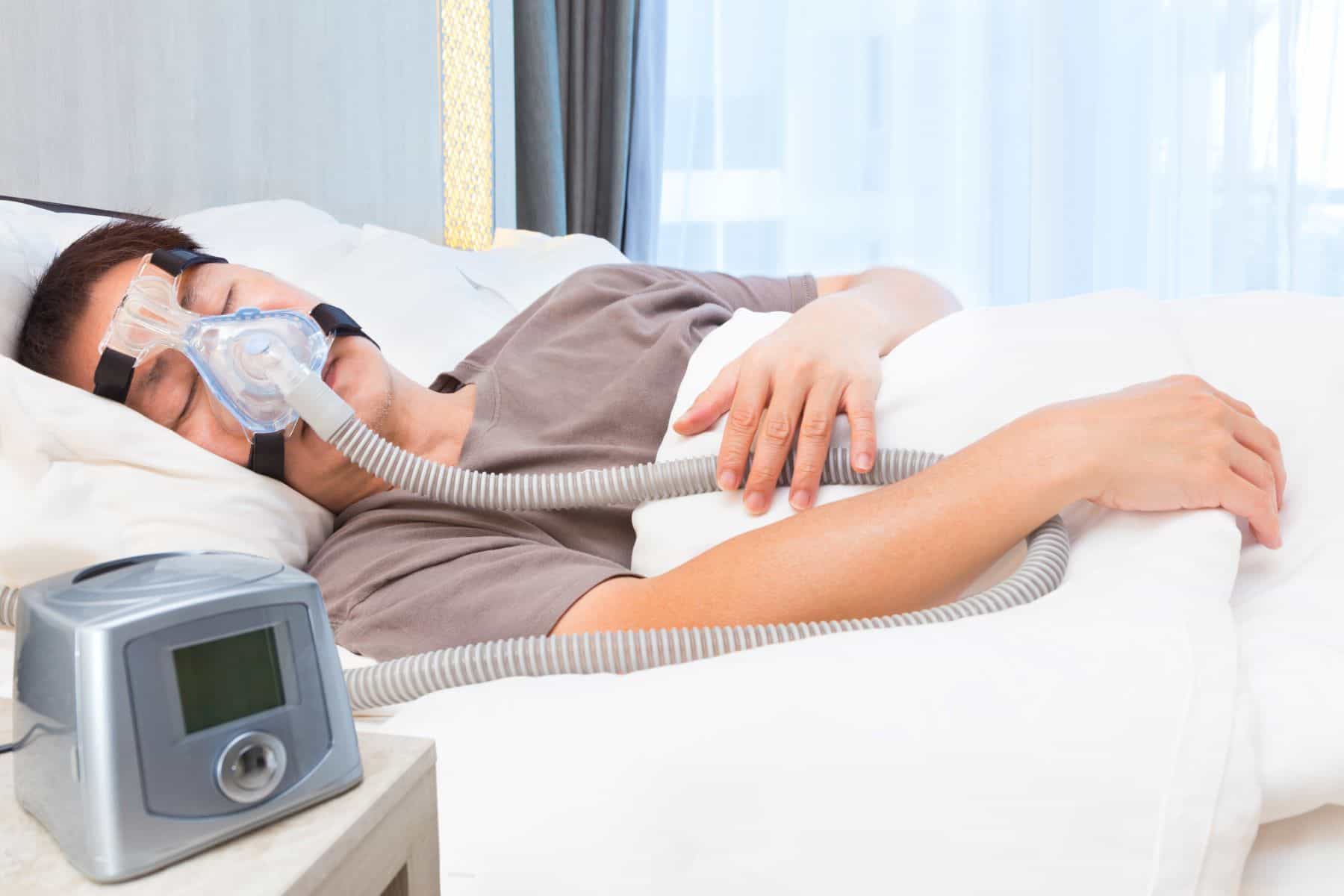Litigation Guides
A Litigator’s Guide to Polyurethane Foam Toxicity
Polyester-based polyurethane (PE-PUR) foam is ubiquitous across industrial products. PE-PUR foam is largely used for its low density and sound insulating properties. For these reasons, polyurethane foam is often employed on sleep and respiratory care devices. PE-PUR foam is also a type of polymeric foam, belonging to a family of similarly lightweight, high-strength foams. But this foam is currently under scrutiny after a product recall from Dutch medical equipment company, Philips. In June 2021, the company voluntarily recalled several models of ventilator and CPAP machines. It cited evidence of the PE-PUR sound abatement foam degrading into particles that users could potentially inhale. Since PE-PUR foam contains isocyanates, a highly toxic chemical class, this recall raises patient safety alarm bells. For attorneys pursuing PE-PUR foam-related cases, here’s what you need to know about foam toxicity and the ongoing recall.
Written By
Wendy Ketner, M.D.
Medically Reviewed
Polyurethane Foam Background
Polyester-based polyurethane foams first entered the market in 1937. They belong to a class of compounds known broadly as polymeric foams. PE-PUR foam is popularly used for insulation, structural, and comfort purposes. A common application is within ventilator and CPAP machines. The PE-PUR foam is used to decrease sound and vibration in the devices.
Toxicity of Polyester-Based Polyurethane Foams
PE-PUR foams are formulated using isocyanates. Isocyanates are a family of chemical compounds that are characterized by a high reactivity and low molecular weight. They’re often used in the production of polyurethanes, however, isocyanate exposure can have adverse health effects.
Respiratory issues are the most common complication from isocyanate exposure. Health impacts range from shortness of breath and dry cough to asthma, bronchitis, and pneumonia, depending on exposure length.

Carcinogenic Properties of Isocyanates
Over the past 30 years, research has also linked isocyanate exposure to cancer. Studies haven’t explicitly named PE-PUR foam as a carcinogen. Though there have been other isocyanate-containing products identified as carcinogenic. Given this tangential relationship, further investigation into PE-PUR foam’s carcinogenic potential is wholly warranted.
Philips Recall of CPAP and Ventilator Machines
In June 2021, Philips announced a voluntary recall of several of its sleep apnea devices and ventilators. The recall targets between three and four million devices. Philips explained the devices use a PE-PUR sound abatement foam that could degrade into particles or off-gas chemicals.
The models subject to the recall are:
- All Philips CPAP devices manufactured before April 26, 2021
- All Philips BiLevel PAP devices manufactured before April 26, 2021
- E30 model continuous ventilator, minimum ventilatory support for facility use
- DreamStation non-life supporting continuous ventilator models ASV, ST, and AVAPS
- SystemOne ASV4 model continuous ventilators, non-life supporting
- C Series continuous ventilator, non-life supporting models ASV, S/T, and AVAPS
- OmniLab Advanced Plus in-lab titration device
- SystemOne Q series models of non-continuous ventilators
- DreamStation CPAP, Auto CPAP, and BiPAP ventilator models
- DreamStation Go CPAP and APAP models of non-continuous ventilators
- Dorma 400 and 500 CPAP models of non-continuous ventilators
- REMStar SE Auto CPAP models of non-continuous ventilators
- Trilogy 100, Trilogy 200, Garbin Plus, Aeris, and LifeVent continuous ventilators
- The A-Series BiPAP V30 Auto and Hybrid A30 continuous ventilators for minimum ventilatory support for facility use
- A-Series BiPAP A30 and A40 non-life supporting continuous ventilators, which are sold outside the United States
Off-Gassing Danger: Diethylene Glycol
Diethylene glycol (DEG) is among the chemicals released by PE-PUR foam on Philips devices. DEG is a highly toxic, colorless, odorless chemical. It’s often used in antifreeze, brake fluid, and lubricants. Exposure to diethylene glycol can have severe effects. Health complications range from nausea and vomiting to coma or even death.
Polyurethane Foam Degradation Danger
Beyond external factors, PE-PUR foam is also susceptible to microbial degradation. Common airborne bacteria can play a role in decomposition. The presence and impact of certain bacteria will depend on the environment where the devices were used. Bacterial factors will be less prevalent in well-maintained healthcare facilities.
This Litigation Guide was medically reviewed by Arumugarajah Tharaneetharan, M.D., Ph.D.
About the author
Subscribe to our newsletter
Join our newsletter to stay up to date on legal news, insights and product updates from Expert Institute.
Request Toxicology Expert Witness
We're here to help you build a stronger case. Retain a leading expert witness today.
- Access tailored expertise on every case
- Trust your expert immediately
- Speak with your expert before retaining
Need your medical records reviewed? Consult one of our 75+ on-staff physicians who can help evaluate the strengths and weaknesses of your case.

